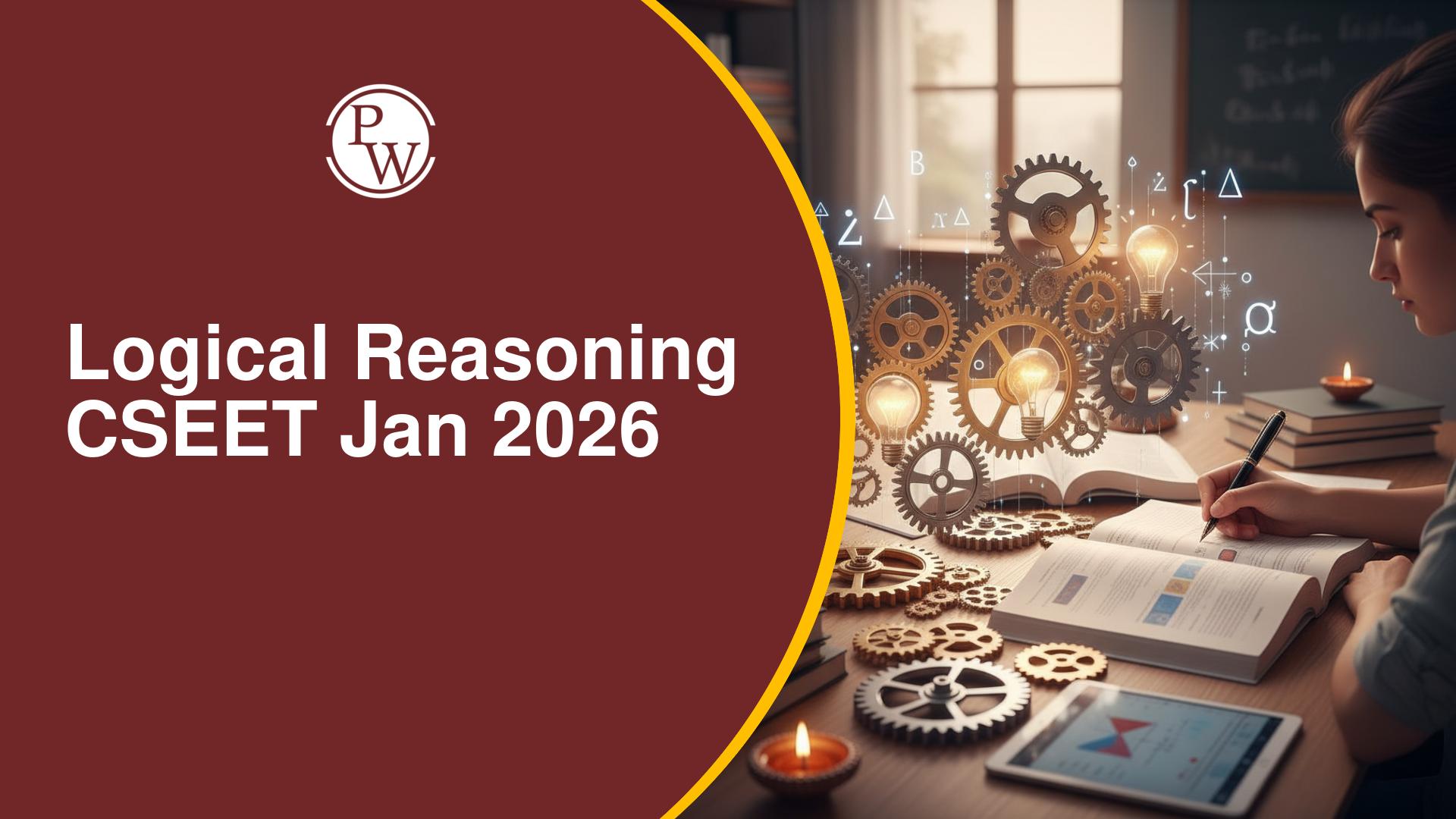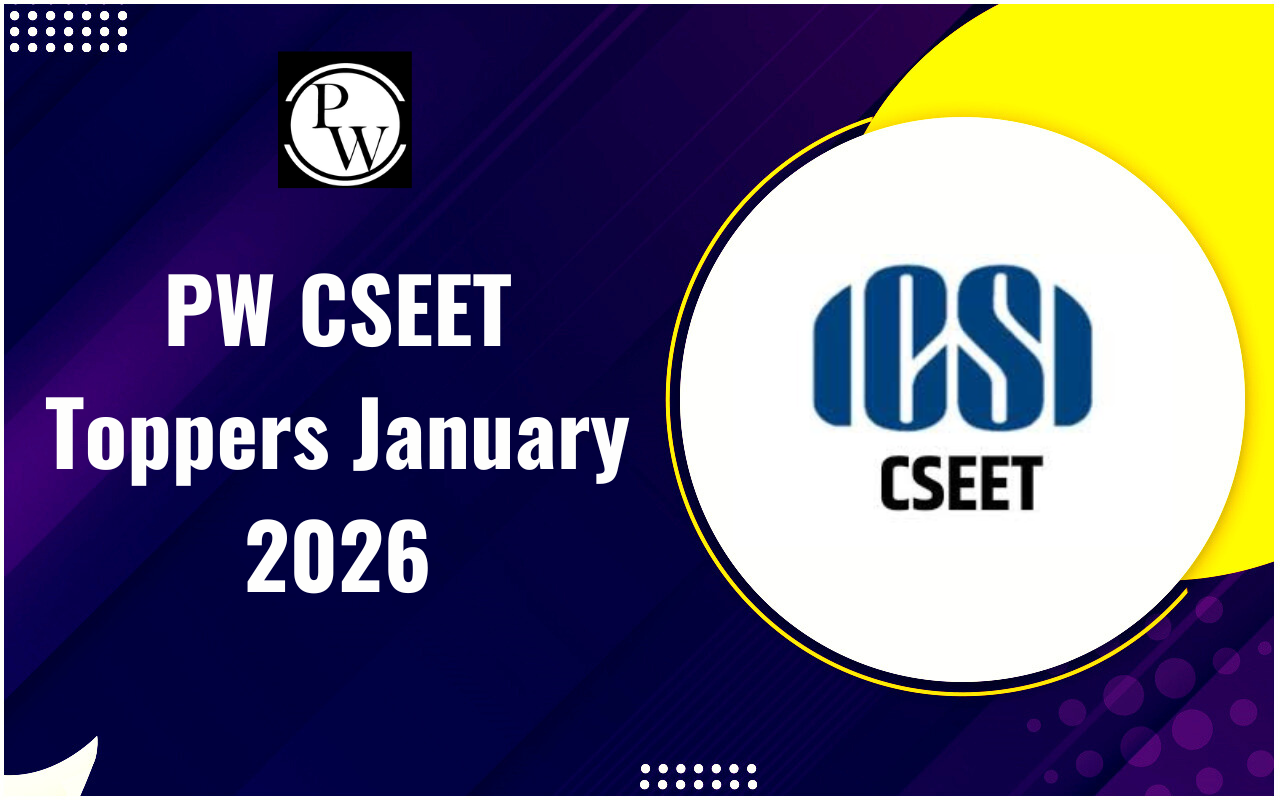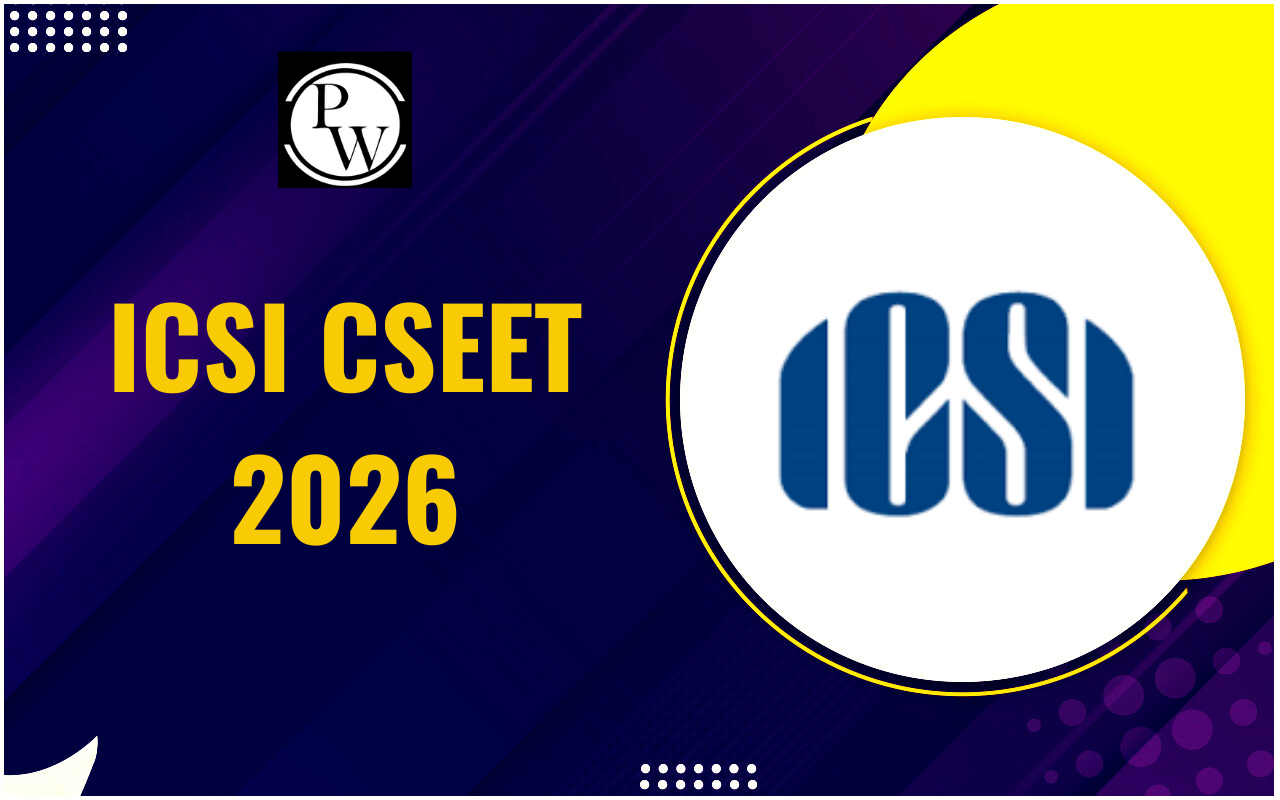
The law of torts is a fundamental pillar of civil law, providing a legal framework for individuals to seek compensation for wrongs committed against them. This article delves into the core principles of tort law, for CS Exams exploring liability, different types of torts, remedies available to victims, and specific areas like strict liability and vicarious liability.
Law of Torts
Tort law deals with civil wrongs that cause harm to a person, property, or reputation. Unlike criminal law, which focuses on punishing offenses against the state, tort law aims to compensate the victim for the losses they have suffered.General Conditions of Liability for a Tort
To establish liability in tort, a plaintiff (the injured party) must generally prove the following:- Duty of Care: The defendant (the party who allegedly caused the harm) owed a duty of care to the plaintiff. This duty could be established by law, a pre-existing relationship (e.g., doctor-patient), or the circumstances of the situation.
- Breach of Duty: The defendant breached the duty of care owed to the plaintiff. This means they failed to act with the reasonable standard of care expected in the situation.
- Causation: The defendant's breach of duty caused the harm suffered by the plaintiff. There must be a direct causal link between the breach and the harm.
- Damages: The plaintiff suffered actual, quantifiable damages as a result of the defendant's breach.
Also Check: Sources of Law, Primary and Secondary Sources
Kinds of Tortious Liability
Tortious liability can arise from various types of wrongs, broadly categorized as:- Negligence: This is the most common type of tort, where the defendant fails to exercise the reasonable standard of care expected in a situation, causing harm to the plaintiff.
- Intentional Torts: These involve deliberate or reckless acts that cause harm, such as assault, battery, trespass, and defamation.
- Strict Liability: In certain cases, liability is imposed irrespective of fault. This is often seen with abnormally dangerous activities or keeping dangerous animals.
Strict or Absolute Liability
Strict liability applies in situations where the defendant is held liable for the harm caused, even if they were not negligent. This is because the law recognizes the activity or object involved is inherently dangerous and imposes a high standard of care on the defendant engaged in such activity.Exceptions to the Rule of Strict Liability
There can be exceptions to strict liability depending on the jurisdiction. Some common exceptions include:- Act of God: An unforeseeable and unavoidable natural event that directly caused the harm.
- Plaintiff's Consent: The plaintiff knowingly assumed the risk of harm involved in the activity.
- Act of a Third Party: The harm was caused by the unforeseeable and intervening act of a third party.
Vicarious Liability
Vicarious liability holds one party liable for the torts committed by another. This is commonly seen in employer-employee relationships, where the employer can be held liable for the negligent acts of their employees while acting within the scope of their employment. Similarly, parents can be held vicariously liable for the torts of their minor children.Torts or Wrongs to Personal Safety and Freedom
Tort law protects various aspects of personal safety and freedom. Examples include:- Negligent Infliction of Bodily Injury: This covers harm caused by another person's negligence, such as a car accident.
- Assault and Battery: These involve intentional and unwanted harmful physical contact.
- False Imprisonment: Unlawful restraint of a person's freedom of movement.
- Defamation: Damaging a person's reputation through false statements.
Remedies in Torts
If a plaintiff successfully establishes a cause of action in tort, they are entitled to various remedies:- Damages: This is the most common remedy, aiming to compensate the plaintiff for the financial losses they suffered due to the tort. Damages can be awarded for medical expenses, lost income, pain and suffering, and property damage.
- Injunction: A court order prohibiting the defendant from continuing or repeating the wrongful act.
- Declaratory Judgment: A court declaration clarifying the legal rights and obligations of the parties involved.
Law of Torts FAQs
What is tort law?
Tort law deals with civil wrongs causing harm to individuals, property, or reputation, aiming to compensate victims rather than punish offenders like criminal law.
What are the general conditions for liability in tort?
To establish liability in tort, a plaintiff typically needs to prove duty of care, breach of duty, causation, and damages.
What are the types of tortious liability?
Tortious liability includes negligence, intentional torts, and strict liability, each involving different standards and elements of fault.
How does vicarious liability apply in tort law?
Vicarious liability holds one party responsible for the torts committed by another, often seen in employer-employee or parent-child relationships, where the employer or parent can be held liable for the actions of their employees or children within the scope of their duties or authority.
🔥 Trending Blogs
Talk to a counsellorHave doubts? Our support team will be happy to assist you!

Check out these Related Articles
Free Learning Resources
PW Books
Notes (Class 10-12)
PW Study Materials
Notes (Class 6-9)
Ncert Solutions
Govt Exams
Class 6th to 12th Online Courses
Govt Job Exams Courses
UPSC Coaching
Defence Exam Coaching
Gate Exam Coaching
Other Exams
Know about Physics Wallah
Physics Wallah is an Indian edtech platform that provides accessible & comprehensive learning experiences to students from Class 6th to postgraduate level. We also provide extensive NCERT solutions, sample paper, NEET, JEE Mains, BITSAT previous year papers & more such resources to students. Physics Wallah also caters to over 3.5 million registered students and over 78 lakh+ Youtube subscribers with 4.8 rating on its app.
We Stand Out because
We provide students with intensive courses with India’s qualified & experienced faculties & mentors. PW strives to make the learning experience comprehensive and accessible for students of all sections of society. We believe in empowering every single student who couldn't dream of a good career in engineering and medical field earlier.
Our Key Focus Areas
Physics Wallah's main focus is to make the learning experience as economical as possible for all students. With our affordable courses like Lakshya, Udaan and Arjuna and many others, we have been able to provide a platform for lakhs of aspirants. From providing Chemistry, Maths, Physics formula to giving e-books of eminent authors like RD Sharma, RS Aggarwal and Lakhmir Singh, PW focuses on every single student's need for preparation.
What Makes Us Different
Physics Wallah strives to develop a comprehensive pedagogical structure for students, where they get a state-of-the-art learning experience with study material and resources. Apart from catering students preparing for JEE Mains and NEET, PW also provides study material for each state board like Uttar Pradesh, Bihar, and others
Copyright © 2026 Physicswallah Limited All rights reserved.









